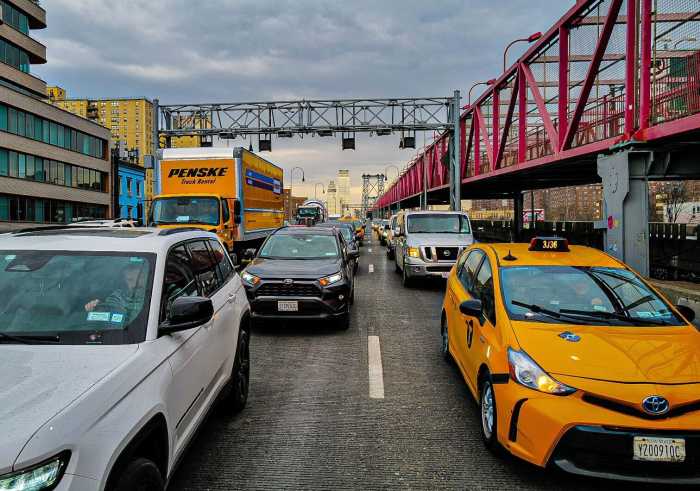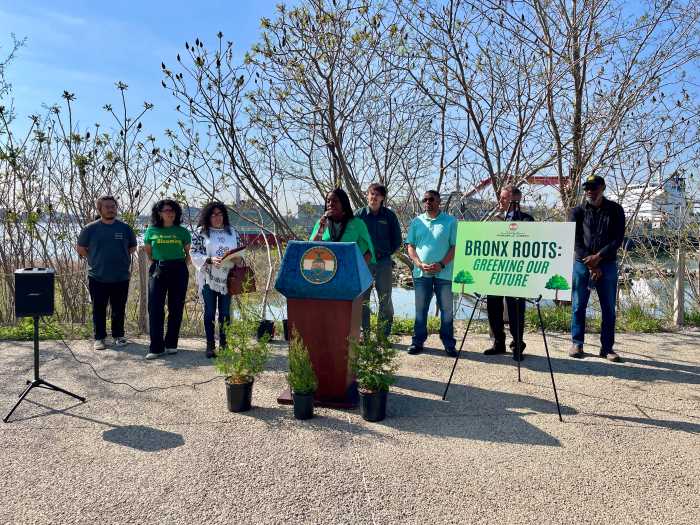
Talk about unintended consequences.
On the surface, it might seem like a great idea for the next state budget to require all construction projects that receive state money or incentives to pay their workers prevailing wage — essentially the hourly pay received by local union workers.
But neither a proposal to do so — nor the effort to cram it into the budget, even though it would have no impact on state revenue or spending — is a great idea.
While the legislation could make union labor more competitive with non-union shops that now offer lower wages, it also could increase business, construction and housing costs by an estimated 25 percent.
If done badly, requiring prevailing wages could deal an economic blow to the region, potentially making the construction of affordable housing, multifamily developments, manufacturing facilities and other significant projects more difficult. The full ramifications are still unclear, since the bill lacks details and independent analysis.
In the wake of big economic losses, like Amazon’s withdrawal of its second headquarters in Long Island City, the region can’t afford a big misstep.
Perhaps state lawmakers who have signed on as co-sponsors only looked at the benefits to organized labor, and not at potential negative implications. But now, they must figure out a way forward, starting immediately by arranging conversations between labor and business leaders. There’s likely a middle ground between the broad legislation that’s been proposed, which union leaders back, and a bill that would satisfy developers and not damage regional economic development.
Rushing that in the next two weeks doesn’t make sense. Gov. Andrew Cuomo, who has supported a prevailing wage measure, and state lawmakers should give this complex issue the time and attention it deserves. That likely means waiting until after the April 1 budget deadline.
Albany is always full of last-minute, hurried hubbub. But on this issue, the legislature and the governor should slow down.


































